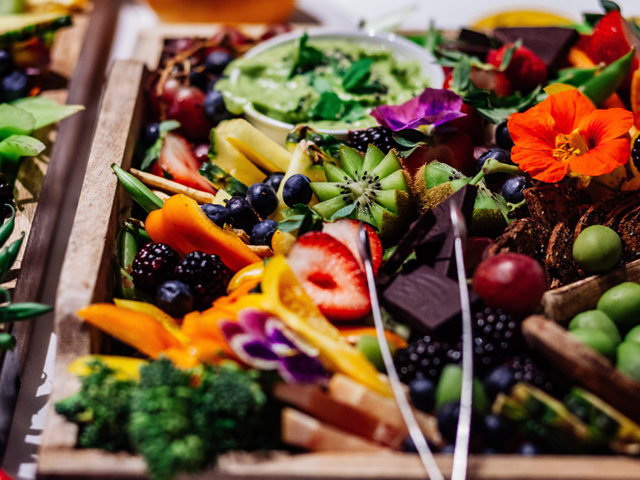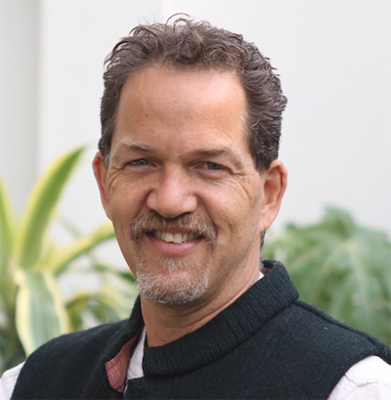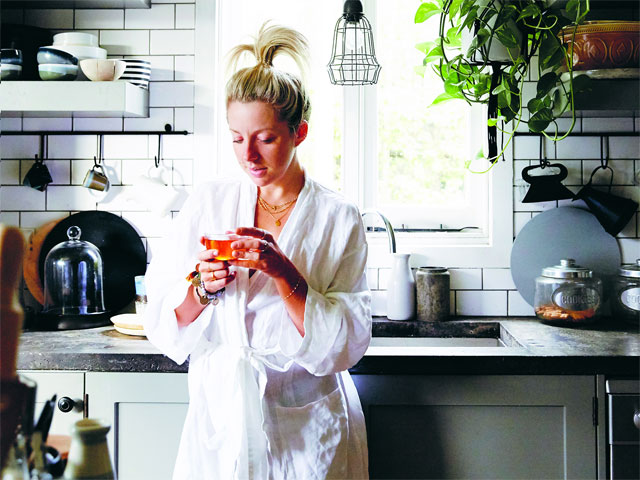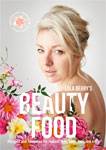Prof Marc Cohen Organic Awareness Month Interview

Organic Awareness Month – September 2018
Question: What changes does choosing organic have on our bodies?
Prof Marc Cohen: Choosing organic food reduces our exposure to many toxic chemicals as well as antibiotic resistant bacteria, hormones genetically modified organisms and nanoparticles. As yet there has been no research to determine the effect this has on human health, however it is probably safe to assume that eating less poison is good for you.
Question: How does going organic improve our health?
Prof Marc Cohen: Going organic improves the health of the soil, the environment, farm animals and food industry workers. The knowledge that our choices have long lasting benefits along the food production chain can reassure us we can have a positive effect on the world and this can have real psychological benefits. Going organic can also improve our physical health by exposing us to less toxic chemicals. My research has shown that eating an 80% organic diet for only one week will reduce urinary pesticide levels by 90%. It is unclear what health benefits a 90% reduction in pesticides has but as mentioned above, eating less poison is probably good for you.
Question: What tips can you share to improve our health, by choosing organic?
Prof Marc Cohen: When choosing organic it is probably more important to choose fruits and vegetables that are easily attacked by pests and therefore require higher levels of pesticides and where you eat the part of the plant that is sprayed. These include apples, berries and salad greens.
Question: Is it just as important to use organic skincare as it is to eat organic produce?
Prof Marc Cohen: It is probably more important to choose organic food than organic skin care as the amount of food we eat is far greater than the amount of skincare we use (at least for most people). Using certified organic skincare on our skin is just as important as consuming organic food, after all, our skin is our largest organ. When choosing organic food it is most important to eat organic animal products such as dairy, eggs and meat as animals concentrate toxic chemicals in their bodies.
Question: What types of hidden chemicals are in non-organic food?
Prof Marc Cohen: Non-organic food has higher levels of toxic pesticide residues as well as hormones and antibiotic resistant bacteria.
 Question: How do these hidden chemicals make us sick?
Question: How do these hidden chemicals make us sick? Prof Marc Cohen: Common pesticides such as the organophosphates are derived from nerve gas and are directly toxic to the nervous system of insects and humans. Organophosphate pesticides may have long lasting effects, for example it has been shown that urine pesticide levels of pregnant mothers correlated with the intellectual development of their children at aged 7. Animal studies have also shown that these pesticides can act as 'obesogens' and exposure in utero can induce obesity and metabolic disease such as diabetes later in life.
Question: How could our home be making us sick?
Prof Marc Cohen: Our homes have a huge impact on our health and there are many factors in our homes that can be making us sick. This includes exposure to bio-toxins released by mould and bacteria that occur where there is dampness and water damage, exposure to toxic chemicals such as fire retardants in soft furnishings and plastics, volatile organic compounds that outgas from varnishes, electromagnetic fields from routers and power meters and chemicals we buy such as pesticides, artificial fragrances and toxic cleaning products.
Question: What message would you like to spread for Australian Organic Awareness Month?
Prof Marc Cohen: Making the choice to buy products that are certified organic and carry the Australian Organic Bud logo is making a choice for a healthier life for everyone including yourself, your family, your community, farm animals, wild life and the environment.
Purchasing products that carry the Australian Organic Bud logo saves you time at the store and reassures that the product will be free-range, not genetically modified, water efficient and biodiversity friendly as well as being free from synthetic pesticides, herbicides, hormones and antibiotics.
The Australian Organic Bud logo is only allowed to be displayed on products that are either Certified Organic or Certified in Conversion, which means they have met stringent requirements, so you can trust that you are purchasing an authentic organic product.
Question: What can we do first to make the switch to a more organic lifestyle?
Prof Marc Cohen: Making the decision to love ourselves and choose quality non-toxic products to put in and on our bodies and sign up to the BUD ORGANIC CLUB, an information resource to feel even more inspired to make the switch including tips, advice, recipes, news and more - https://austorganic.com/budorganicclub/
Interview by Brooke Hunter
Photo by Danielle MacInnes on Unsplash
Have You Seen This?
MORE






